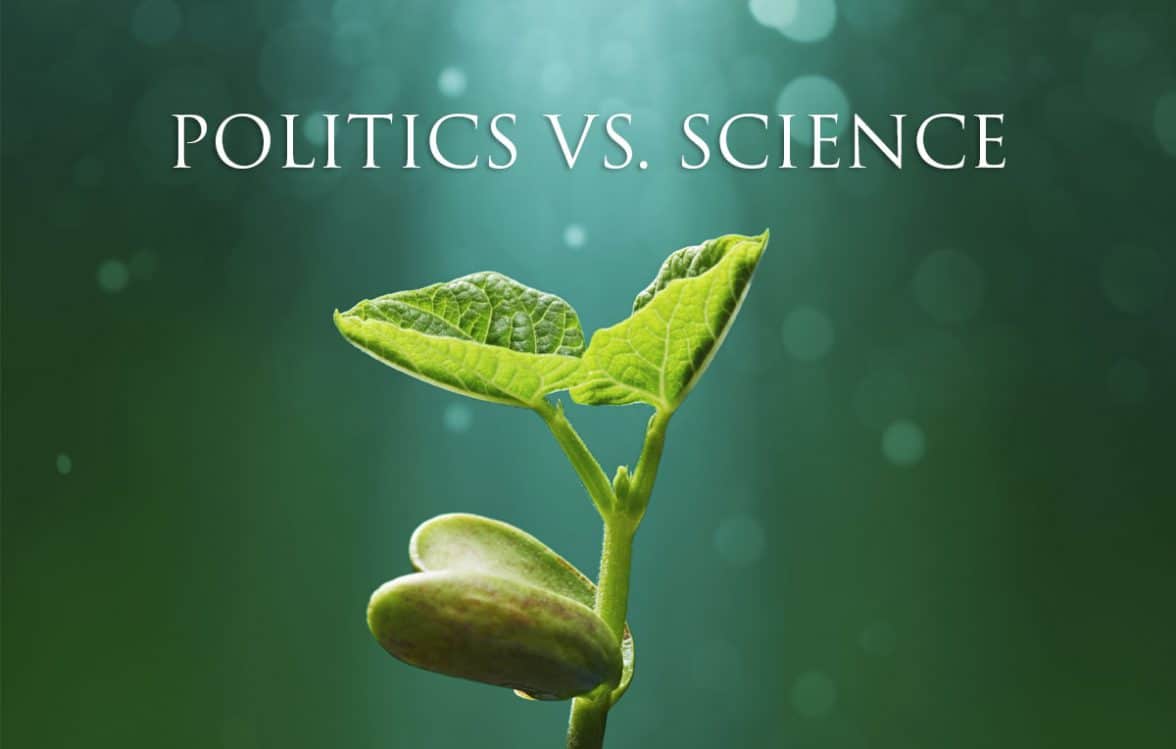At the time of writing, the EU Commission is reviewing the authorisation system for genetically modified organisms as one of its priorities.

Given that the authorisation system has been interrupted, the logical way to fix it would simply be to start the authorisation system again. But it is doubtful that this review will mark a shift towards actual implementation and coherent and science- based policy-making.
The strict European pre-market authorisation system has always been dysfunctional for cultivation, and is currently dysfunctional for imports. The European Commission and several member states have lost court cases for not respecting binding EU law. In 2013, the European Court of Justice ruled that “the European Commission has failed to fulfil its obligations” in the GM authorisation process, and the Commission admitted on the record that it regularly misses the deadlines for putting safety-assessed GM crops to the vote by member states. In addition, in 2006 the WTO condemned the EU for not respecting its international obligations in this area.
Although 48 GM crops are already approved for import into the EU, the European Commission has put import authorisations on hold since November 2013. This has been done despite positive opinions from the European Food Safety Agency on the 17 pending products and inconclusive votes by member states.
Meanwhile, farmers outside Europe grow approved biotech crops, which may be found in traces in commodity imports, given that the industry can never guarantee 100 per cent purity. However, the EU has a “zero tolerance” policy for traces of GM crops approved in other geographies but not yet approved in the EU. These GM crops show up in commodity imports for food, effectively creating a trade barrier. In the case of commodity imports for feed uses, the commission has defined a “technical solution” that corresponds to the detectability of “zero” presence of GMOs not approved in the EU.
In order to try to rectify this situation, the European Commission is currently collecting GMO import data from member states and is commissioning an external study to evaluate the need to introduce a similar concept or technical solution for commodities intended for food uses.
In the meantime, European policy- making keeps confirming Europe’s direction towards becoming a museum of world farming. In March 2015, the EU adopted legislation allowing individual member states to ban the cultivation of GM crops approved as safe at the EU level, as long as the bans are based on non-scientific grounds. Let me be clear that this does not change the EU authorisation system itself, and it does not change the Commission’s legal obligation to put safety-assessed products to the vote. Only seven product applications remain in the system for cultivation, several having been withdrawn by companies after having been held up in the approval system for more than 10 years. Industry considers this so-called non-cultivation legislation as a stop sign for innovation that disregards the principles of the internal market and of science, and represents one of the biggest investment disincentives for high-tech sectors.
After spending close to five years negotiating this non-cultivation legislation, we believe that the EU missed a golden opportunity for injecting logic and legal predictability into its approach to seeds. Indeed, to date, there is no internal market for seeds. Seeds, as products of agriculture, contain recognised thresholds for traces of impurities and admixtures, including toxic impurities such as cancer-causing mycotoxins. However, the threshold for traces of GM seeds in batches of conventional seeds, including GM seeds that have been proven to be at least as safe as conventional seeds, is zero. This is yet another trade and internal market- distorting situation that could be fixed by a Commission proposal, similar to the one which was ready to enter the legislative procedure in the early 2000s and requested repeatedly and unanimously by member states in 2006 and 2008.
It’s often said that everyone is entitled to their own opinion, but not to their own facts. If politics stops or unduly delays the approval of GM crops, even for import, without clearly justifying the delay or by blaming unfounded scientific concerns, then politics trumps science. If a political decision is made to reject a product assessed as safe by EFSA, as often occurs in the case of GMOs, the reason behind the political decision must be clearly communicated and not confused with unfounded “scientific” concerns, in order to avoid creating consumer mistrust in science.
The most obvious and easiest generator of innovation, jobs and growth is to approve safe new products within legally prescribed and predictable timelines, ensuring consumer safety while giving industry the consistency it requires to operate.












